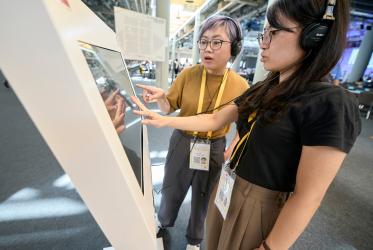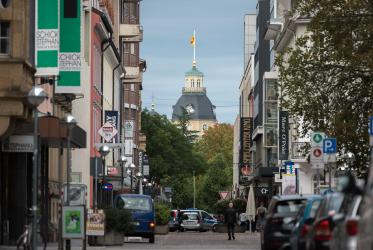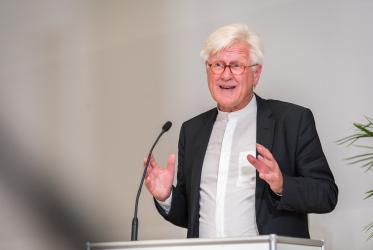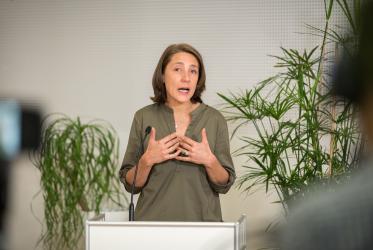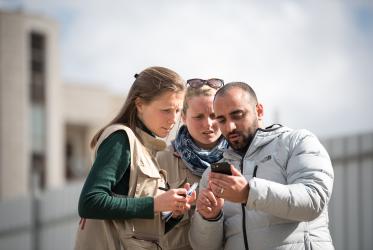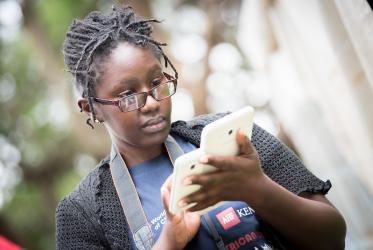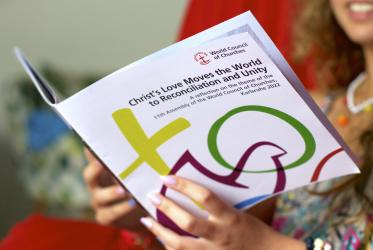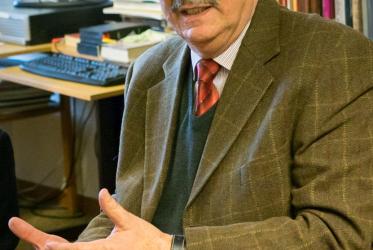Displaying 1 - 20 of 25
GPS360º: A virtual assembly
26 September 2022
Unity is key when health crisis poses new challenges in Asia
28 February 2022
WCC executive committee lights the way for WCC 11th Assembly
26 November 2021
Digital communicators weigh a future with “profound values at stake”
16 September 2021
Communication for Social Justice in a Digital Age
13 - 15 September 2021
Berlin and worldwide, 9-17:00 each day, CEST Timezone
Driven by God’s grace and a sense of duty
05 November 2020
Thursdays in Black ambassadors map positive future
06 October 2020

